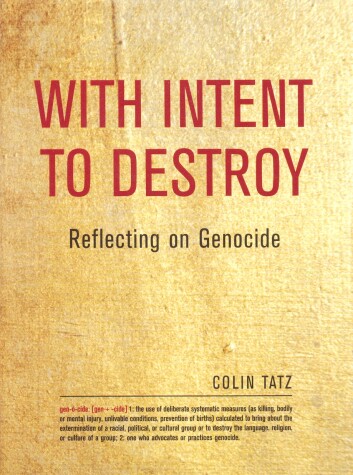As heirs of the Enlightenment, we in the West tend to view ourselves as humane, rational and reasonable. Genocides are atrocities that "others" commit, so revealing their backwardness and essential "otherness". A South African-Australian-Jew, Tatz provides a personal yet analytical and critical account of race politics, and the termini to which such policies and practices have led in Germany, Australia and South Africa. Each case study offers a series of reflections on the subject of genocide: how logical, if monstrous, was the transformation in 1930s' Germany from a cruel and institutionalised anti-Semitism into the Nazi killing machine; what constituted the colonial genocide practiced for many years in Australia; whether or not the word genocide can be applied to the appalling events that prevailed in apartheid South Africa. Framing these studies are a moving autobiographical chapter which describes the author's South African childhood and an essay which addresses responses (official and otherwise) to genocide: the matter of denialism, the war crimes trials, the Vatican's apology and Australia's National Sorry Day, among others.
The book closes with the author's reflections on the teaching of genocide. In focusing mainly on Westerners' experiences of genocide, Colin Tatz raises uncomfortable questions about the humane, rational people we believe ourselves to be, and exposes this enlightenment-based self-image as dangerous complacency.
- ISBN10 1859845509
- ISBN13 9781859845509
- Publish Date 2 July 2003
- Publish Status Active
- Publish Country GB
- Imprint Verso Books
- Format Hardcover
- Pages 224
- Language English
- URL https://penguinrandomhouse.com/books/isbn/9781859845509
